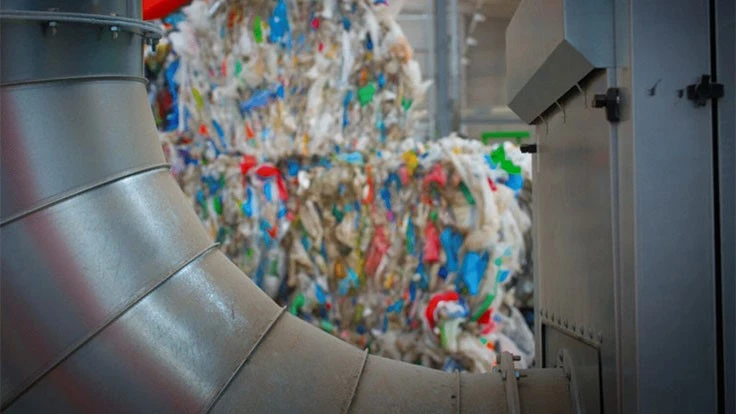
Plastic Energy
Plastic Energy Ltd., London, says it has reached an agreement with the province of West Java in Indonesia to build five chemical recycling plants.
The memorandum of understanding (MOU), signed by West Java Gov. Ridwan Kamil, follows campaigns such as United Nations (UN) Clean Seas, the Global Plastic Action Partnership and Our Ocean Conference to reduce plastic pollution and migration to the ocean around Indonesia.
The Indonesian government says it has made addressing the plastic waste issue a priority, with a commitment to reduce marine plastic debris by 70 percent by 2025.
The waste management industry in Indonesia is in its early stages, and infrastructure development still faces a range of challenges. Plastic Energy says it is exploring partnerships with a range of public and private sector organizations to address these challenges and to facilitate the construction of these plants, making West Java a showcase for the rest of Indonesia.
Kamil says, “West Java is the biggest province in Indonesia in terms of population. We have 50 million people and 27 cities. West Java is also known as the province with a vision of green development and
Carlos Monreal, founder
The company converts end-of-life plastics using what it describes as a “patented low carbon footprint technology,” into oils, known as
Developing the five plants in Indonesia also will boost local economies, providing direct and indirect employment as well as establishing a blueprint for a range of waste management solutions.
Plastic Energy has two industrial plants that have been operational for more than three years in Spain. Earlier this year, the company reached an MOU agreement with SABIC, a global leader in the chemical industry, to provide feedstock for the production of certified circular polymers, following the establishment of a commercial plant in the Netherlands.
Latest from Recycling Today
- Aqua Metals secures $1.5M loan, reports operational strides
- AF&PA urges veto of NY bill
- Aluminum Association includes recycling among 2025 policy priorities
- AISI applauds waterways spending bill
- Lux Research questions hydrogen’s transportation role
- Sonoco selling thermoformed, flexible packaging business to Toppan for $1.8B
- ReMA offers Superfund informational reports
- Hyster-Yale commits to US production





